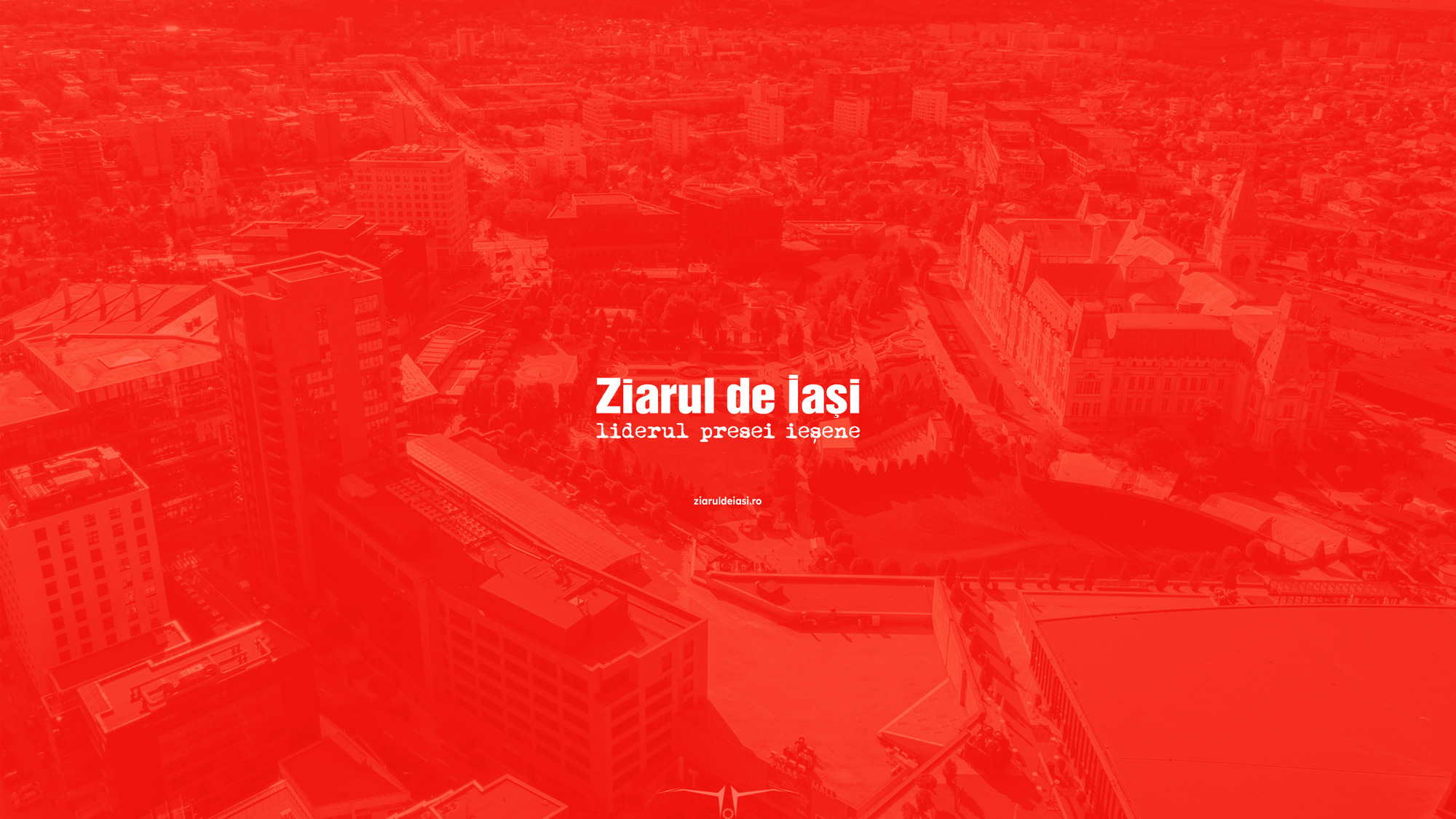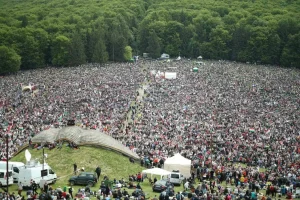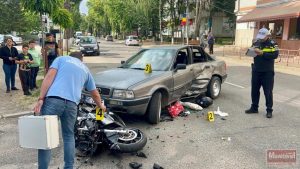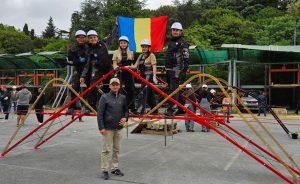
Why does Adrian Nastase force now the elections for the General Council of Bucharest? There exist different suppositions, from the one of an attempt to distract public attention from the affair Sorin Ovidiu Vintu to the intention to launch a decisive attack against Traian Basescu, seen as the most important potential counter-candidate of the Premier in the presidential race in 2004.
Though, there exist arguments that could support at any time such suppositions, at a closer analysis they still remain, eventually, secondary considerations. As it is equally true that, as it happens often, such a process, once started, could provoke evolutions that might get out under the control of the ones who initially generated it. As, after all, the current moment might become a reference moment for the current electoral cycle. Especially that most of the analyses can be seen exactly in the mirror. Why wouldn’t we suppose, for instance that exactly the stake of PSD credibility will be used by the Prime Minister to get rid of uncomfortable adversaries in the party, under the pretext that they are the ones to blame for the compromised chances in electoral campaign?
The reality is Adrian Nastase’s big problem now is more an external than an internal one. Even if the chief of government has enough challenges in the country too, including his own party. This problem is the acute lack of trust, both in Brussels and Washington, towards the real determination of the Executive to fight against corruption that won such an ampleness that it endangers the whole process of Euro-Atlantic integration of Romania. If we add some reappearance of a whole wave of recycled Securitate officers, got in key-positions of the most important institutions of the State, we can understand immediately the serious recoils existing behind beautiful encouraging words coming from abroad.
The problem would be no matter which the political ambitions of the Premier might be, ambitions that imperatively ask for, among others, a success in the NATO summit in Prague at the end of the year, his playing percentage within the party is severely limited. It is hard to do something for real on the local level, there where important political groups consolidated, ownership businesses with characters as Mischie in Gorj, Platica Vidovici in Galati, Culita Tanase, the fresh administrator of the 56 thousands hectares of the Big Island of Braila, in Neamt, or Constantin Nita, in Brasov. Starting from these initial data, Adrian Nastase has probably considered that the dismissal of the General Council of the municipality of Bucharest is an acceptable compromise which, in exchange for the sacrificing of some second-hand pieces in the party, pieces which subsequently can be recovered – as it happened to the former general counselor Victor Stan, appointed the other days sub-prefect of Bucharest, sufficient media exposure and credibility can be obtained, including the external level, to the support of the announced initiatives of fight against corruption.
It is true the Premier has also assumed an important risk. That of offering media ammunition in the electoral campaign of his main adversary, Traian Basescu. Is it sufficient ammunition too that the material gathered by Victor Ponta, the chief of the Body of Control of the Prime Minister, offered, in its turn, to diminish this risk? This is a question we shall know the answer to in the weeks to come. Moreover, will Adrian Nastase’s move sufficiently convincing abroad? Will it be continued in the territory too, as already predictable, in order to increase its credibility? It would be again about some minor sacrifices, well calculated, which might offer at the same time, a good opportunity to the chief of the executive to change some uncertain or uncomfortable prefects.
On the other hand, there exists a second great stake of these elections. Very likely, it will be decided whether now which political formation will be drawn up in the future as the main counter-candidate in the elections of PSD in 2004.
The symbolic capital accumulated in the elections in Bucharest will determine that the party to get the second electoral classification, as it seems quite difficult that PSD lose the first position, to get a serious option in this direction. A prize for which PD is the main competitor which due to Traian Basescu leaves form the start from a privileged position, and so does PNL. Which doesn’t mean we should forget about PRM, whose final score will indicate whether the costs of the reform will maybe accumulate points in Vadim’s account more than in the democratic Opposition’s one. A PRM major electoral success as the one in November 2000 will represent a clear indication Romania will have serious problems to face over the next years.
All these discussion points are as many reasons to see in the elections for the General Council of the Capital a political barometer much more important than the one offered by the usual local elections. It remains to be seen whether the expected clarifications will offer reasons of hope or, on the contrary, of concern.
Alexandru LAZESCU






















